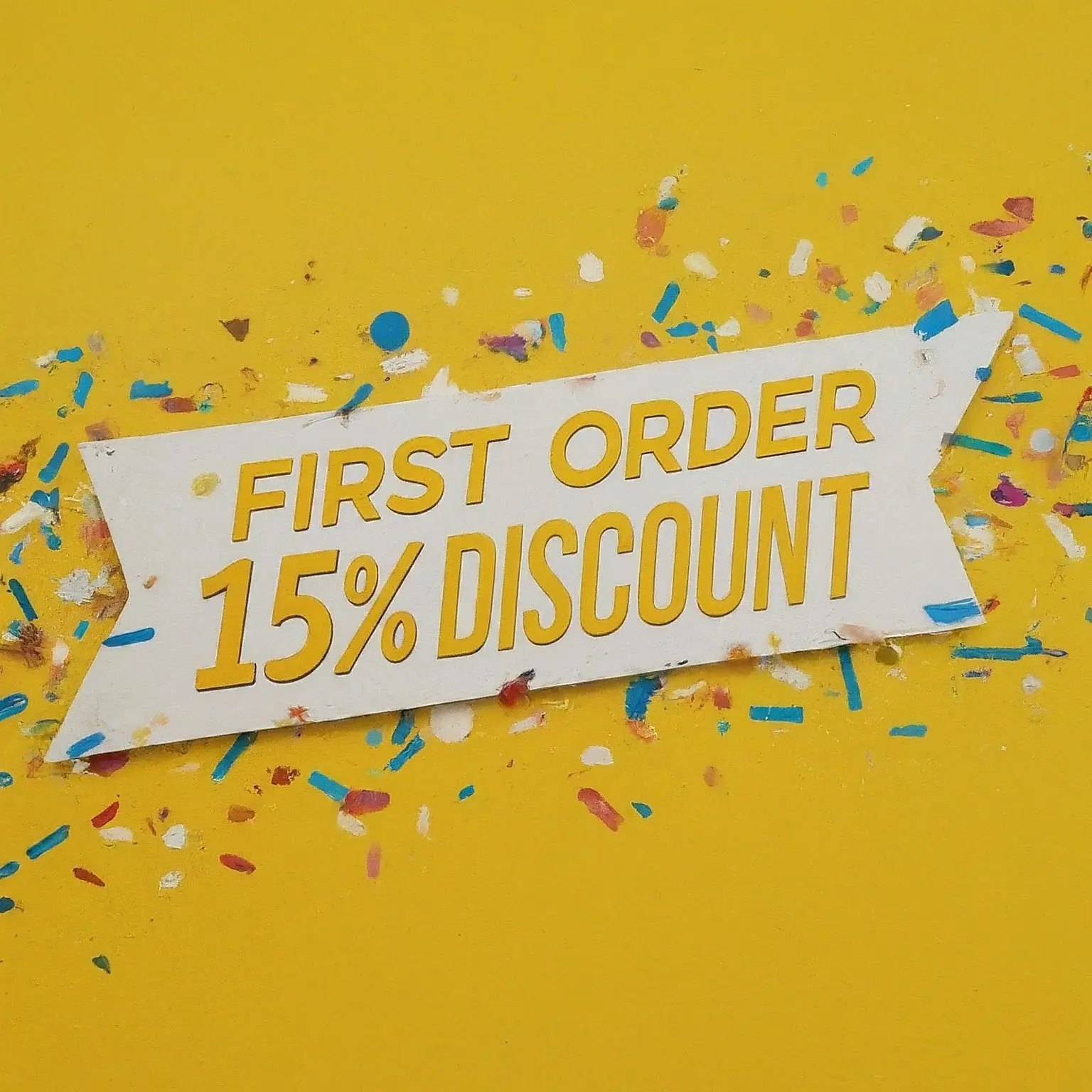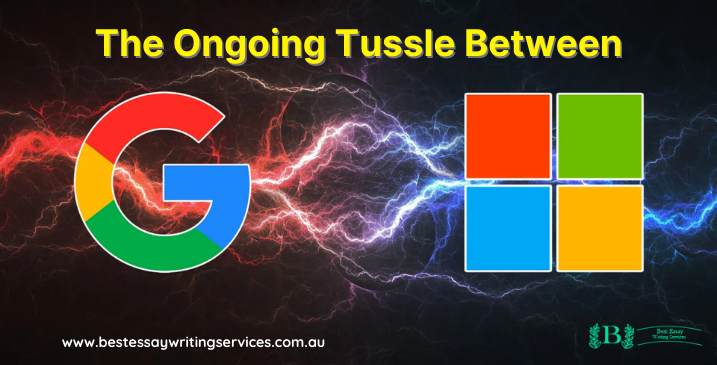Ever since the merger of ChatGPT with Microsoft’s Bing, Google and Microsoft have stood neck to neck. ChatGPT is a valuable asset to Microsoft and the source of envy for Google. Even though Google tried to keep pace with “Bard”, but only repented for the mistake with 8% share loss. To rub salt on already wounded Google, Microsoft-backed OpenAI launched GPT-4 this Tuesday. This came as a bummer for Google.
So, to stay on the top and repay for all the humiliation with “Bard”, Google slammed “Claude” at Microsoft.
Claude is the invention of Anthropic, a company formed by OpenAI's former VPs of research, safety, and policy.
Anthropic backed $300 million investment from Google in February. Demonstrating AI's positive impact on the world, its major goal is to make AI safe and accessible to everyone.
There are two Claude choices on the market: Claude Instant and Claude V1, which can be utilized for lighter and more powerful data handling and content generation.
The noble AI- similar to ChatGPT- can generate codes, write content, and summarise essays. Still, the option to tweak tone and behaviour makes it more sophisticated than its direct rival.
The other major advantage Microsoft boast is the merger of ChatGPT with Bing which was announced last month.
But now, Google-backed Anthropic has collaborated with DuckDuckGo to launch DuckAssist Search Tool. And soon, Google might also incorporate Claude in its search engine. If that happens, two of the biggest tech rivals will compete for face to face, yet again.
Being a former part of OpenAI, Anthropic has insights about ChatGPT’s shortcomings, which they exploit to the fullest. Claude mitigates ChatGPT's main shortcoming, erroneous data.
Besides, unlike ChatGPT, Claude debuted only after successful initial testing with tech companies like Notion, Quora, and DuckDuckGo, leaving no room for error like “Bard”.
Bard was Google’s response to Microsoft, which launched “GPT-4” this Tuesday.
GPT-4 is a multi-talented prodigy that offers lightning-fast language models and will soon incorporate image search and text recognition. In collaboration with "Be My Eyes," GPT-4's deep learning updates will be revolutionary.
ChatGPT also offers premium membership with "ChatGPT Plus," promising faster speeds and zero downtime. Besides API, web access to GPT-4 will be exclusive to “Plus members” to maintain this model, adding the cost barrier. This will hamper the scalability of GPT-4 over ChatGPT, which amassed a million users in just 5 Days. Although access to Claude to comes at a price for being marketed as the Noble rival, we will have to wait and see how the noble rivalry turns out.
The important thing to remember here is that everything is taking place under the supervision of Microsoft, which, according to "The Verge," controls 75% of OpenAI until it recoups its $90 billion investment. Following that, Microsoft will own 49% of the stock.
When Microsoft announced the merger of ChatGPT and Microsoft Bing, it was as though the entire tech sector was lit on fire. Everyone knew what influence Microsoft would have, and the most impact was on its direct rival Google, which recognized that after the combination of Bing and ChatGPT, demand for Google would fall.
That is why Google launched ChatGPT's rivalry “Bard” to avoid falling behind.
But Google's Bard was not quite ready for the spotlight. One blunder during Google's debut event triggered an 8% loss in its stock value.
And Google is not the only one in the race to compete with ChatGPT. Significant other players such as “Ernie Bot” by Chinese tech giant “Baidu” and "SearchGPT" by South Korean search engine “Naver” are also attempting to stay up with ChatGPT.
But Google is undoubtedly the supreme contender since GPT-4 and Claude are not the only rivalry. Google announced AI tech in its Google Docs, Gmail, Sheets and Slides after Microsoft announced incorporating AI copilot in its Microsoft 365 and other business apps, clearly indicating that Google and Microsoft are competing to rein the entire AI ecosystem.
Copyright © 2026 getessayservice.com

